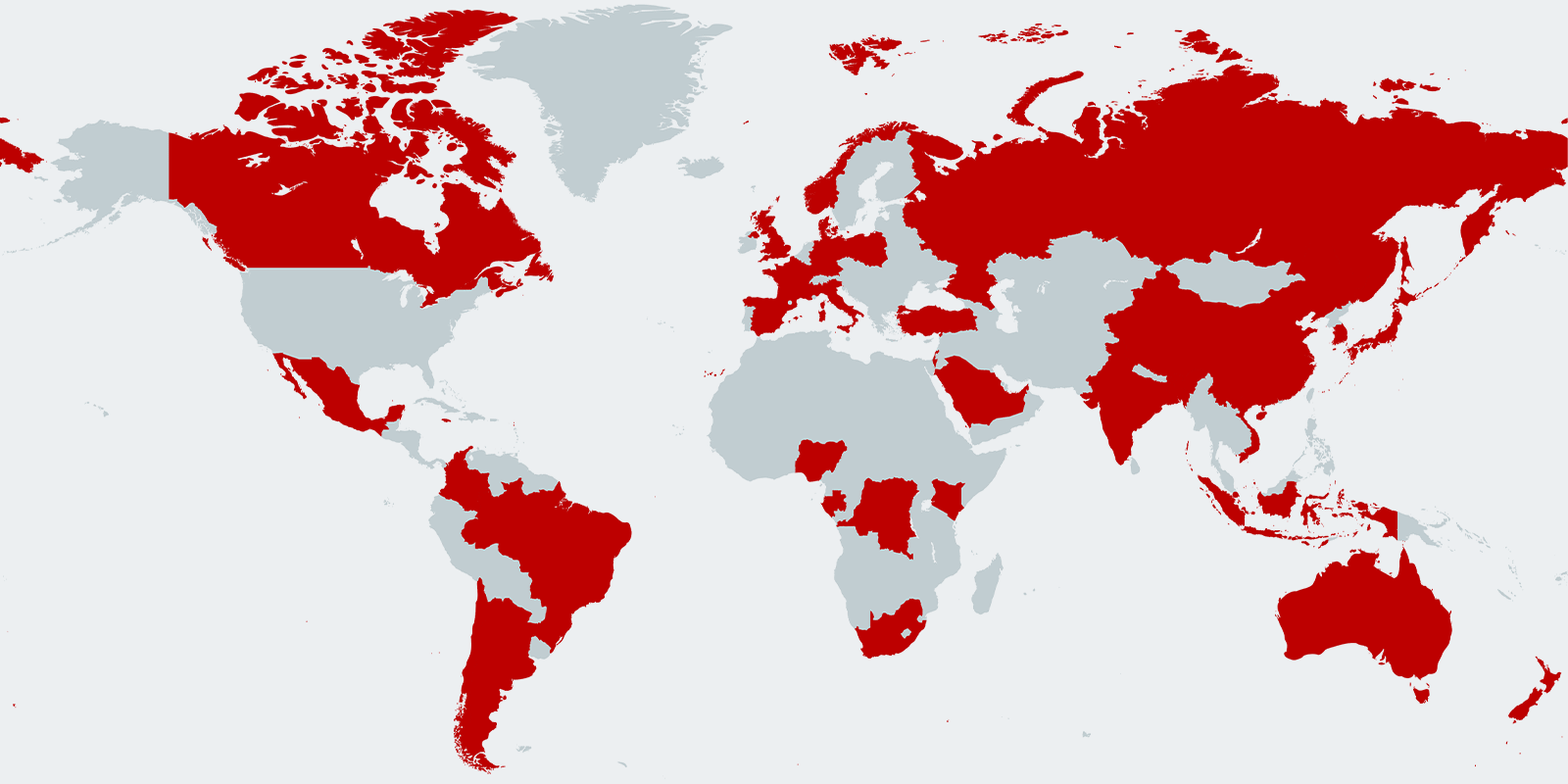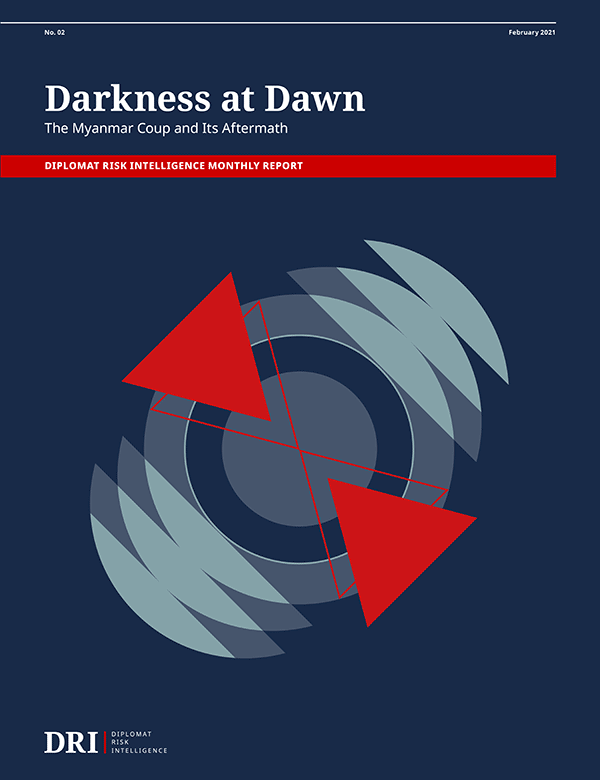| Welcome to the latest issue of Diplomat Brief. This week our top story looks at the current state of China’s much-hyped social credit system. We also have an interview with Danny Russel, former U.S. assistant secretary of state for East Asian and Pacific affairs from 2013 to 2017, on the Biden administration’s Asia policy so far. |
| Story of the week |  | POLITICS China’s Social Credit System: Speculation vs. RealityWhat Happened: In 2014, China’s government released guidelines for creating a “social credit system” by 2020, sparking a wave of panic in the West about an Orwellian system of control over almost every aspect of Chinese citizens’ behavior. With the 2020 deadline past, and newer guidelines yet to be released, it’s a good time to evaluate where China’s social credit system actually stands. Our Focus: “Today, the social credit system still remains a disjointed mix of ambitious national level targets and guidance, varying regional pilot programs, and scattered mass data collection mechanisms,” write Jessica Reilly , Muyao Lyu, and Megan Robertson for The Diplomat. “That being said, the system is evolving rapidly.” What Comes Next: Over the next five years, China’s government will likely focus on economic governance – think literal credit scores – and disciplining Chinese firms. But it’s clear that Beijing has ambition to use a standardized social credit system to extend its control over the lives of private Chinese citizens – even if the reality isn’t there yet. Read this story |
| Behind the News | INTERVIEW Danny RusselDanny Russel, vice president of the Asia Society Policy Institute, on the prospects for China-U.S. relations: “There is at least some prospect for managed – or even healthy – competition between the U.S. and China of the sort that brings out the best in the two countries and avoids the traps of a destructive strategic rivalry. But navigating to a more stable and cooperative relationship will require significant skill and wisdom on both sides.” Read the interview |
| This Week in Asia | Northeast Asia First Japan-South Korea-US Trilateral of the Biden AdministrationLater this week, the national security advisers from Japan and South Korea will arrive in Washington, D.C. for talks with their U.S. counterpart, Jake Sullivan. The immediate issue at hand, of course, is North Korea, with the Biden administration finishing its internal policy review even as Pyongyang resumes missile testing. But also keep a close eye on the trilateral dynamic amid still-strained Japan-South Korea ties. Find out more | South Asia India's Eastern Neighborhood BurnsOn March 26, Indian Prime Minister Narendra Modi attended Bangladesh's 50th National Day celebrations amid a visible display of warmth between his and Sheikh Hasina’s governments. However, this rosy picture was soon marred as violent anti-India protests rocked Bangladesh, killing at least 11 people. Meanwhile India’s deafening silence on the Myanmar military’s brutality following its February 1 power grab has struck many as incompatible with its self-described role as a leader among regional democracies. Taken together, it is clear that Modi’s much vaunted “Neighborhood First” policy stands to be jeopardized – again – as New Delhi fails to triangulate its domestic-political, regional and international imperatives. Find out more | Southeast Asia U.N. Security Council to Meet Again on MyanmarOn Wednesday, the United Nations Security Council will meet again to discuss the worsening situation in Myanmar. The United Kingdom called for the emergency session to address the junta’s increasingly intense and bloody crackdown on protesters, but it remains unclear whether the body will be able to move beyond previous statements of concern, something that will require the support of China and Russia. Find out more | Central Asia Uzbek Authorities Victim-Blame in LGBT AttackMiraziz Bazarov, an activist and blogger who has advocated repealing Uzbekistan’s laws against gay sex, was brutally attacked last weekend. While he lay in the hospital, government officials and high-profile figures blamed him for provoking the assault, saying that Muslim-majority Uzbekistan cannot manage tolerance of the LGBT community. Find out more |
| Word of the Week | ENVIRONMENT 天下りAmakudari, literally “descent from heaven” in Japanese. It refers to the institutionalized practice whereby senior bureaucrats retire from government to take up high-profile positions in the private sector. It’s often coupled with 天上がり, amaagari, or “ascent to heaven,” to mean private sector employees joining the government. Find out more |
|  |





